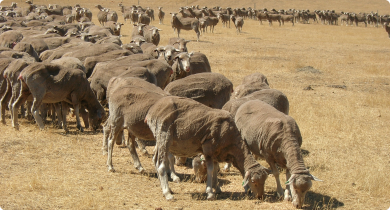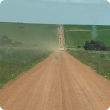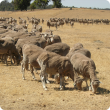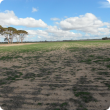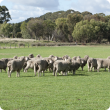Pasture management
The long term productivity and quality of pastures relies on good management skills. A well managed enterprise will maximise the economic viability of grazing systems through increased production of livestock. In cropping systems, shifting pastures towards legume dominance is also important. To successfully grow annual and perennial pastures, it is important to consider the influence of factors such as soil, climate, pests and grazing on each particular species.
The Department of Primary Industries and Regional Development provides information and advice to assist farmers to make appropriate decisions about weed management, fertiliser application, grazing systems, pest and disease management, seed production and seed harvesting. Meeting each species’ requirements is essential in order to realise the potential benefits from improved pastures.
Filter by search
Filter by topic
- (-) Remove Livestock management filter Livestock management
- Livestock & animals (11) Apply Livestock & animals filter
- Livestock species (9) Apply Livestock species filter
- Sheep (7) Apply Sheep filter
- Feeding & nutrition (6) Apply Feeding & nutrition filter
- Livestock research & development (3) Apply Livestock research & development filter
- Pests, weeds & diseases (2) Apply Pests, weeds & diseases filter
- Pasture species (2) Apply Pasture species filter
- Beef cattle (2) Apply Beef cattle filter
- Management & reproduction (1) Apply Management & reproduction filter
- Weeds (1) Apply Weeds filter
- Irrigated crops (1) Apply Irrigated crops filter
- Crop weeds (1) Apply Crop weeds filter
- Climate & weather (1) Apply Climate & weather filter
- Climate, land & water (1) Apply Climate, land & water filter
- Dry seasons and drought (1) Apply Dry seasons and drought filter


